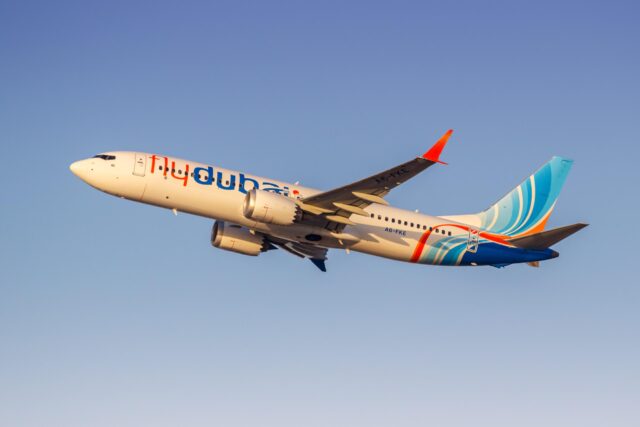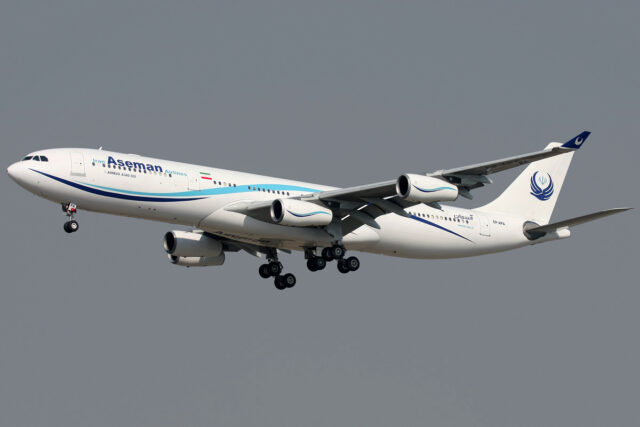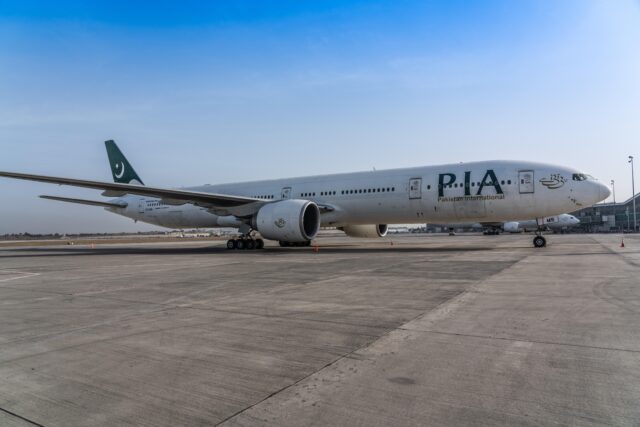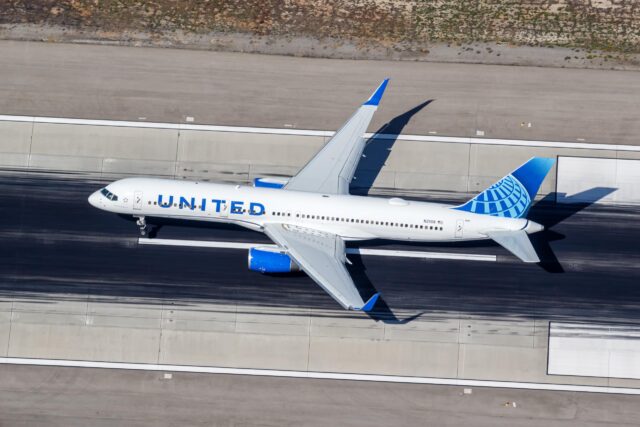Venezuela revokes traffic rights for 6 international airlines amid airspace safety dispute

November 27, 2025
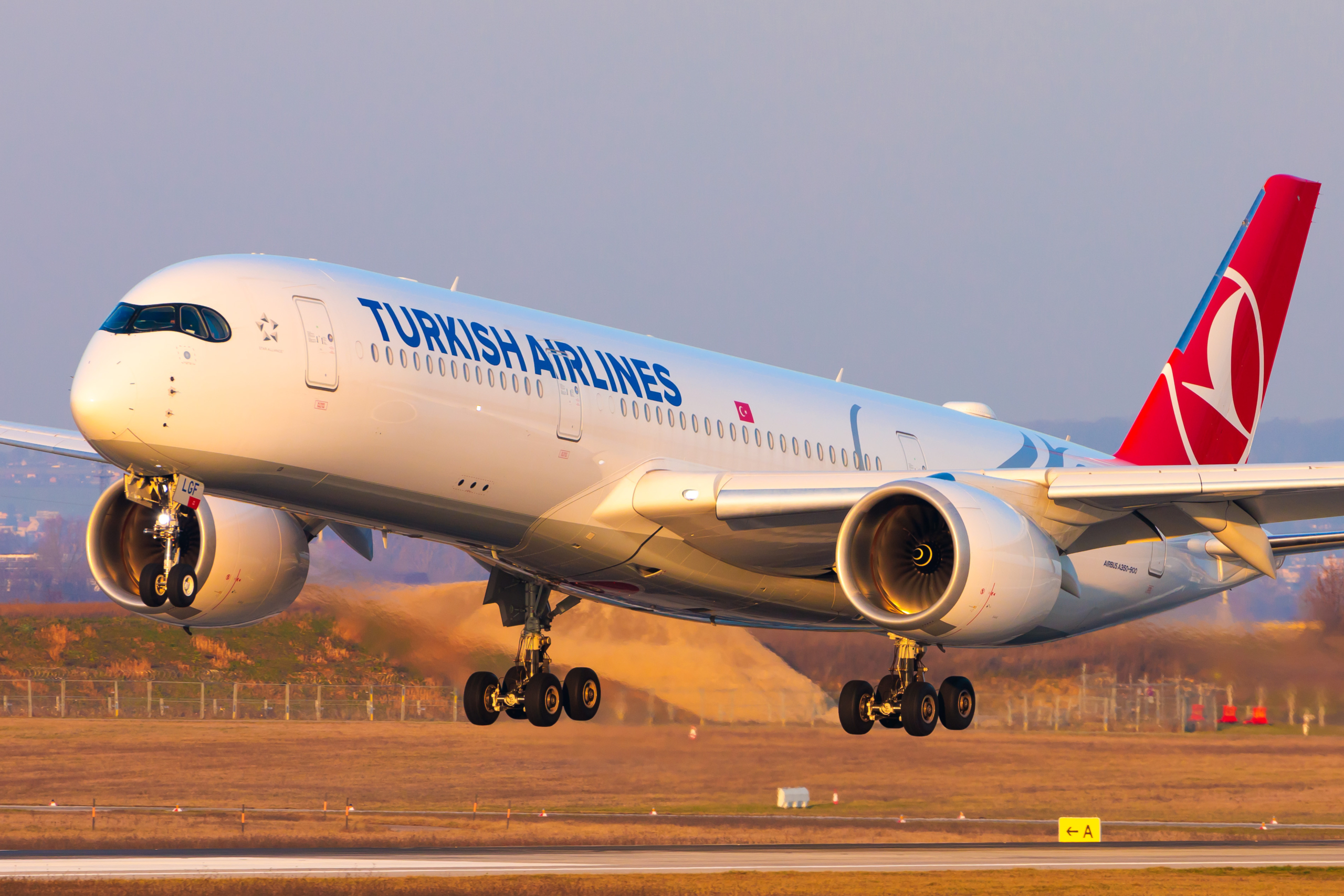
Venezuela has revoked the operating permits of six international airlines after they refused to continue flying to Caracas, escalating a fast-moving dispute over the safety of Venezuelan airspace and rising tensions between the Maduro and Trump administrations.
On 26 November, Caracas authorities withdrew the landing rights of Iberia, TAP Portugal, Gol, LATAM, Avianca and Turkish Airlines, claiming the carriers had aligned themselves with what they called “US-sponsored aggression against Venezuela.”
According to Reuters, both Air Europa and Plus Ultra also suspended flights, but have not yet received a ban.
Airlines lose AOCs after ignoring order to resume flights
On Monday, Venezuela warned that any foreign airline suspending flights would be banned from operating in the country unless services resumed by noon (1600 GMT) on Wednesday, 26 November.
None of the six airlines resumed flights, having previously suspended services after receiving international safety warnings. Venezuela’s civil aviation authority responded by revoking their traffic rights, alleging the suspensions were politically motivated.
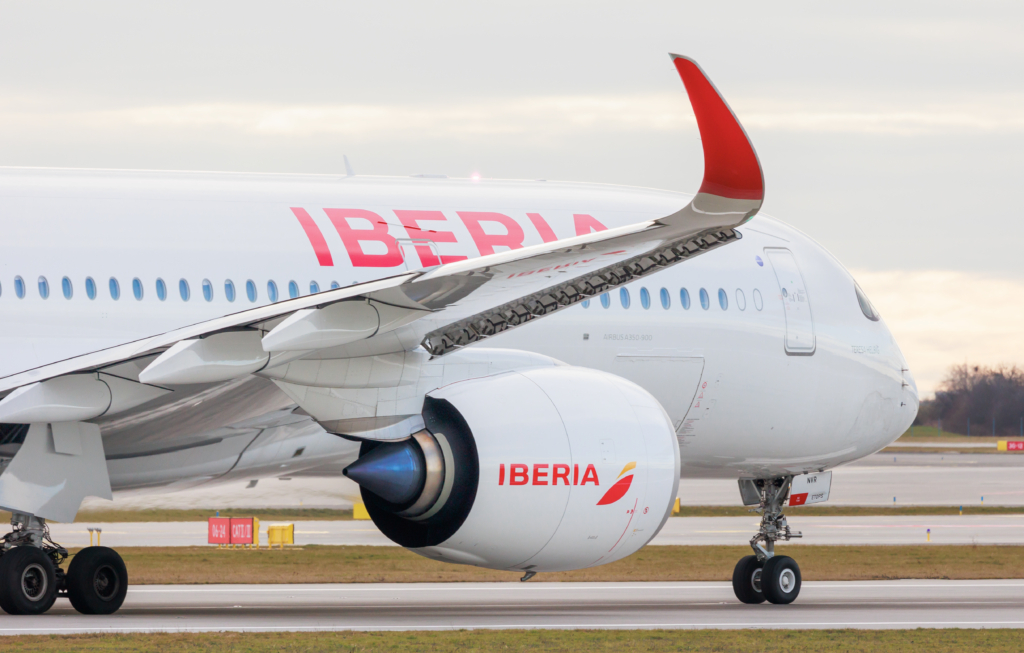
The six airlines halted flights after receiving strong safety warnings from foreign aviation authorities. On 21 November, the US Federal Aviation Administration advised carriers to “exercise extreme caution” in Venezuelan airspace due to increased military activity and an unpredictable security environment. Spain’s air navigation service, Enaire, issued similar guidance.
Although the FAA notice stopped short of an outright ban, such warnings have major operational consequences. Airlines risk voiding their insurance, breaching the safety obligations attached to leased aircraft, and exposing themselves to liability if they continue operating in airspace flagged as high-risk by their home regulators. For most carriers, ignoring that guidance is simply not an option.
As a result, several airlines suspended service and were not prepared to restart flights under threat from Caracas. Venezuela did not acknowledge these safety issues when revoking landing rights, instead framing the cancellations as a political act rather than a response to risk assessments.
US military buildup points to prolonged risk in Venezuelan airspace
The withdrawal of airline traffic rights comes against the backdrop of a sharp US military build-up around Venezuela, with a series of high-profile operations unfolding throughout October.
On 15 October, three B-52H Stratofortress bombers were tracked circling international airspace near Venezuela, signalling the start of a sustained US show of force in the Caribbean.
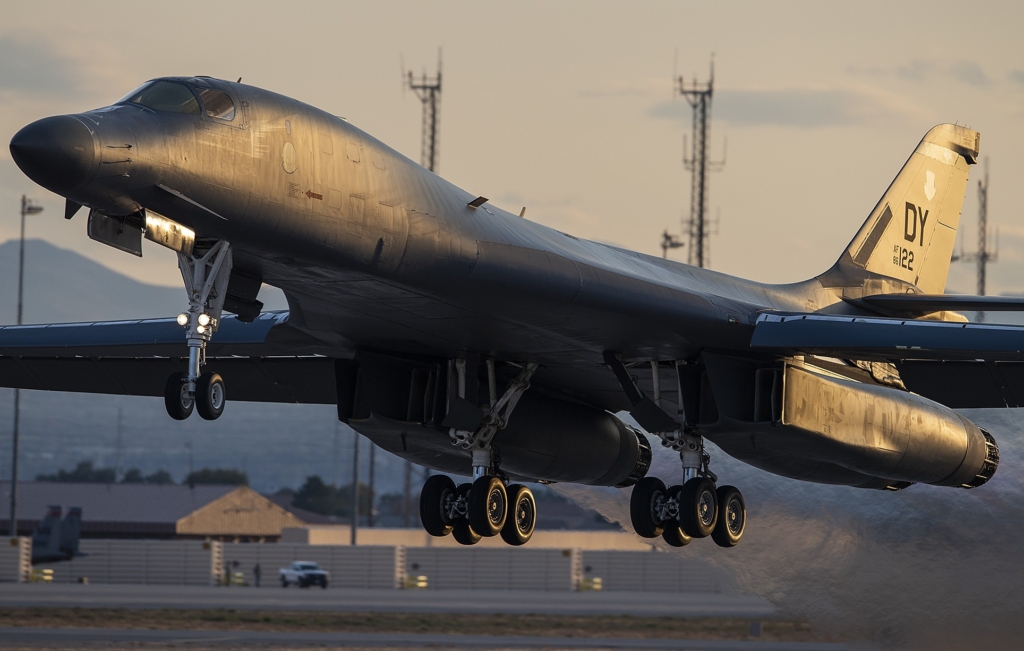
Just over a week later, on 23 October, two B-1B Lancer bombers flew to within roughly 50 miles of the Venezuelan coastline, a mission the US framed as a demonstration of long-range strike capability in the region.
Then, on 25 October, President Trump ordered the USS Gerald R. Ford carrier strike group to redeploy to the Caribbean, the most significant US naval movement near Venezuela in years. The Ford arrived with a full air wing, including F/A-18E/F Super Hornets, EA-18G Growlers and E-2D Hawkeyes, dramatically increasing US surveillance and strike power close to Venezuelan airspace.
Some airlines are still flying to Venezuela
Although several airlines have suspended service to Venezuela, some regional and international airlines are still operating.
According to ch-aviation, Copa Airlines and Wingo, both from Panama, are still providing international service. Within the country, Conviasa flies to Mexico, Cuba, Brazil and Nicaragua, while Avior Airlines connects the country to Colombia and the Caribbean.
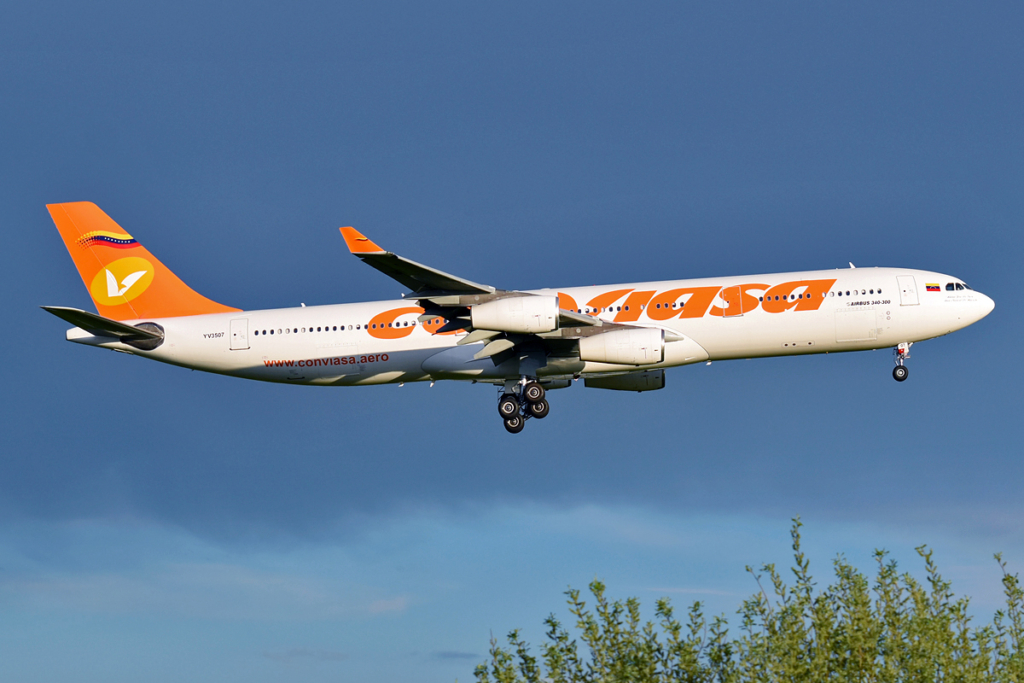
Venezuela is not cut off, but it’s a lot less connected than it was. European travellers will now need to catch connecting flights via a third country to get there, and with no firm sign of the tensions easing, that could be an ongoing problem for some time.
The flight suspensions have already affected more than 8,000 passengers on at least 40 different flights, according to the Venezuelan Association of Travel and Tourism Agencies.
Featured image: Turkish Airlines
